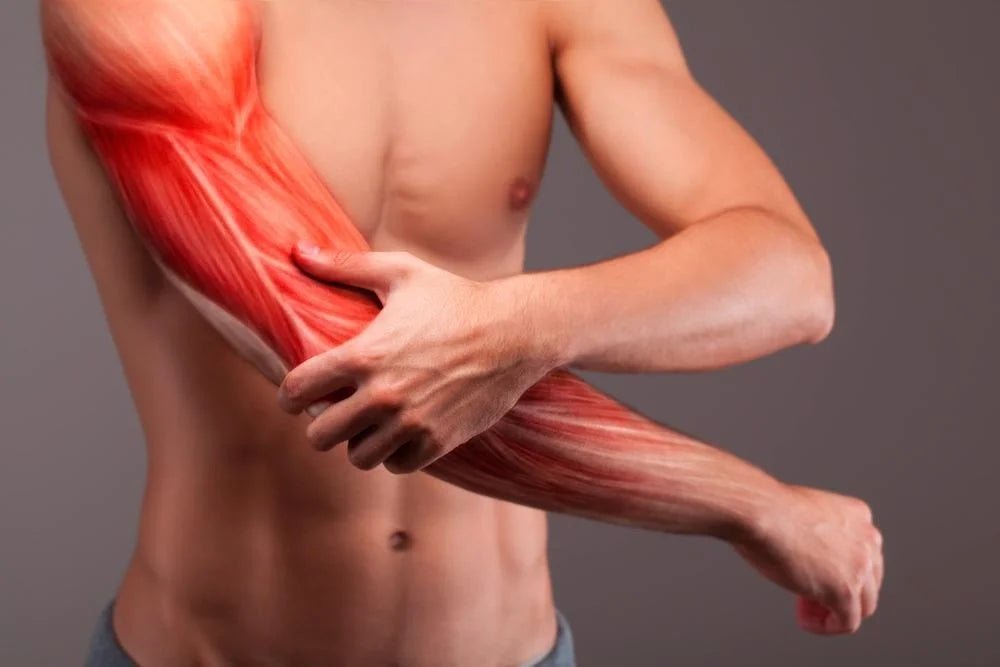
Engaging in regular physical activity, particularly intense exercise, can lead to muscle damage and microtears within muscle fibres. However, the body possesses a remarkable ability to repair and rebuild these muscles, and protein plays a pivotal role in this intricate process. Here's a closer look at how protein aids in muscle repair and recovery.
Protein's Building Blocks: Amino Acids
Proteins are composed of amino acids, often referred to as the building blocks of muscles. When we consume protein-rich foods, our bodies break down these proteins into individual amino acids during digestion. These amino acids are then absorbed into the bloodstream and transported to muscle tissues, where they serve as the essential components for repairing damaged muscle fibres.
Repairing Microtears and Building Muscle Protein Synthesis
During strenuous physical activity, muscle fibres undergo microscopic damage. This damage triggers a series of biochemical processes that signal the body to repair and rebuild these muscles. Protein synthesis, a process in which new proteins are created within cells, is a critical part of muscle repair. Amino acids derived from dietary protein sources are used to synthesize new proteins, replacing damaged ones and contributing to muscle growth and recovery.
Timing and Type of Protein Intake
The timing and type of protein intake are crucial for effective muscle repair. Consuming protein-rich foods post-exercise helps initiate the repair process by providing the necessary amino acids when the body is most receptive. Fast-digesting protein sources, such as whey protein, are often preferred after workouts due to their rapid absorption rate.
Balancing Protein Intake with Exercise
While protein is essential for muscle repair, it's important to strike a balance between protein intake and exercise intensity. Consuming excessive protein without engaging in physical activity may not lead to increased muscle repair and could potentially strain the kidneys. Tailoring protein intake to your activity level and individual needs is key.
In conclusion, protein is an indispensable component of the muscle repair and recovery process. Its amino acids serve as the building blocks for new proteins, contributing to the repair of damaged muscle fibres and promoting muscle growth. By understanding the role of protein and optimizing its consumption, individuals can effectively support their muscles' recuperation and achieve their fitness goals.


Share:
The Science Behind the Enhanced Muscle Pump
Optimizing Post-Workout Nutrition: A Key to Maximizing Fitness Gains